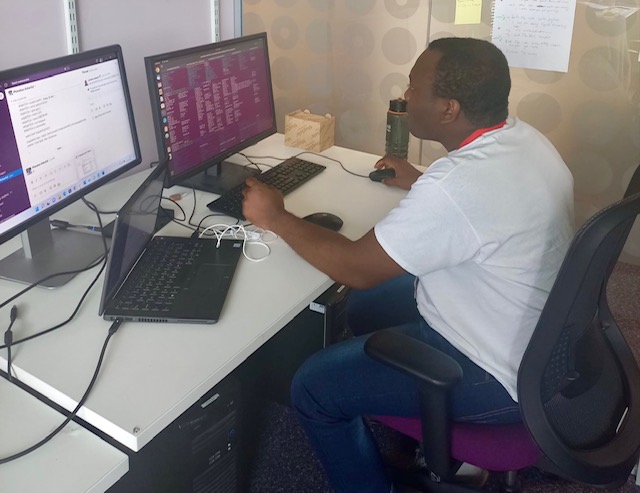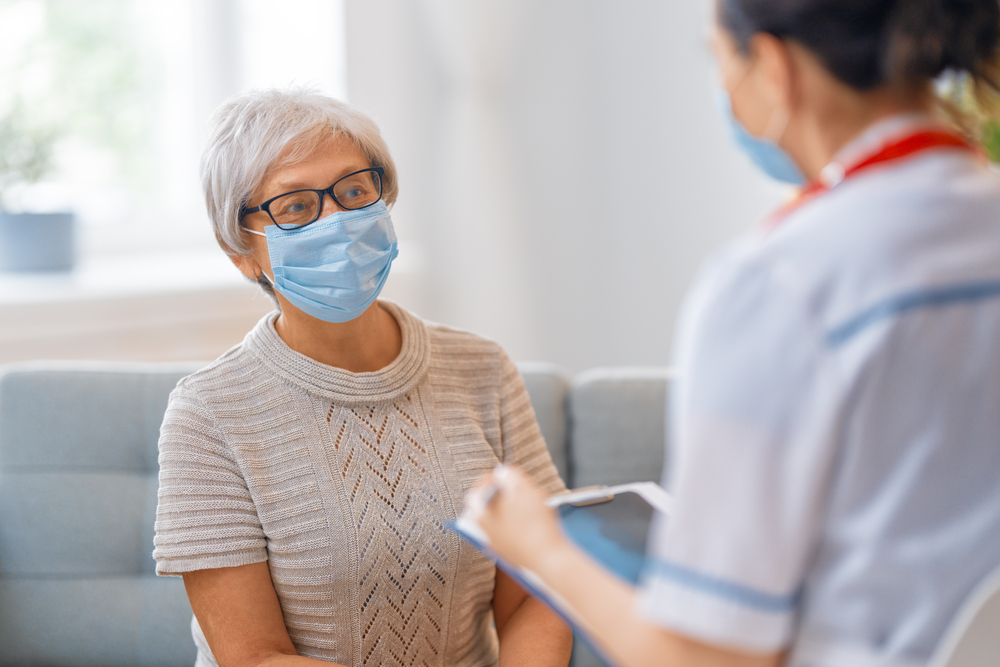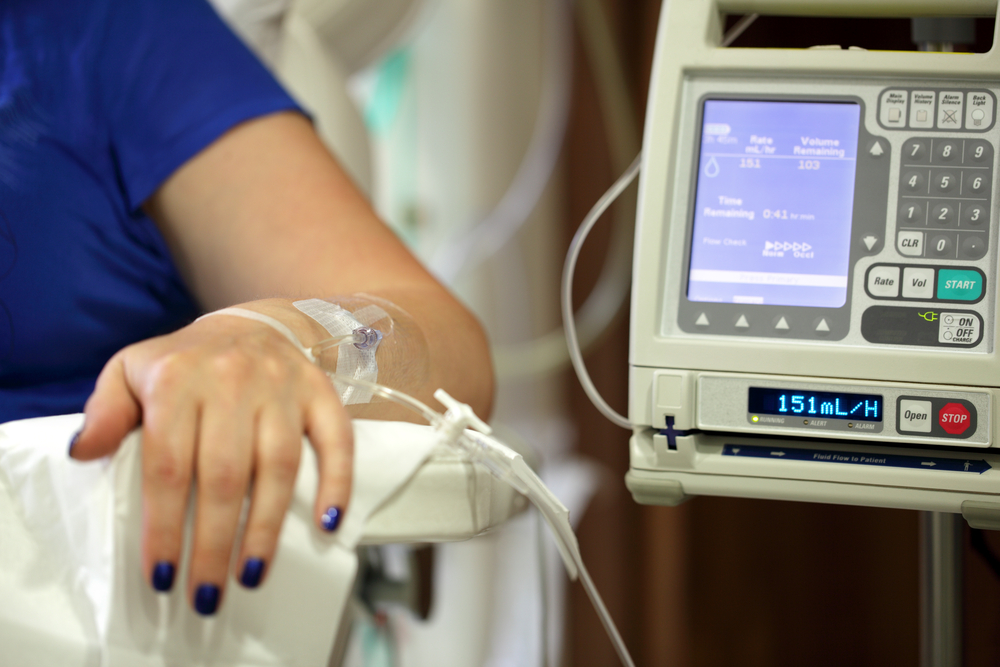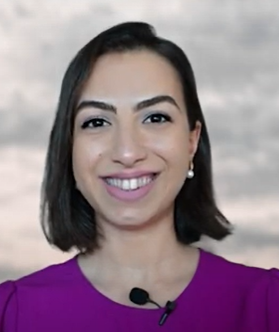My HDR UK Black Internship Programme experience in health data: Phinehas Arkorful
25 July 2022
We caught up with Phinehas Arkorful mid-way through his placement on the Black Internship Programme to find out if it's what he expected and what's he's learnt so far.

Hi Phinehas!
Hello! I’m Phinehas Arkorful and I am an MSc Applied Data Science student at Teesside University. I have a keen interest in researching health and wellbeing.
Good to meet you Phinehas! Which host organisation are you an intern with?
I am an Intern at CRUK Cambridge Institute.
Did you have any expectations before you started?
I thought that the internship would be a good opportunity for me to put theory into practice and to shape my career path so that I become a competent health data scientist leading ground-breaking research in academia.
I also had a good idea that I would be working on cancer image analysis as my host organisation had prepared me in advance by sending me the topic materials I would need.
Has it lived up to that?
Yes! I feel very prepared for what I am doing and am really enjoying it.
That’s great to hear! Who do you work with?
I work with PhD students and post-doctoral researchers.
What’s it like where you work?
I work a lot from home but I also go to the Cambridge office.
It’s a lovely quiet office and everyone is so helpful especially if I need a bit of support or if I have a query.
What are you currently working on?
It’s been really busy the last two weeks! I’ve been mainly developing my analytical skills by using high performance computers to analyse whole slide images of cancer using Deep Learning. Deep Learning is machine learning methods based on artificial neural networks with representation learning.
Sounds complex! What do you enjoy most about your role?
The fact that I am developing personally. I am now much more confident to carry out research independently.
I also like helping people and sorting out the backlog of work.
What’s the most interesting thing you’ve learnt?
The most interesting thing is Deep Learning and how this is used to diagnose people with cancer and other terminal diseases. In time, I think it is going to really change the way we perceive and treat cancer.
What’s your tip for future interns?
Be yourself always and if you are curious about something, just go ahead and ask a question about it.
What are your hopes for the future?
I am hoping to continue working here or assist with cancer research in the NHS.



